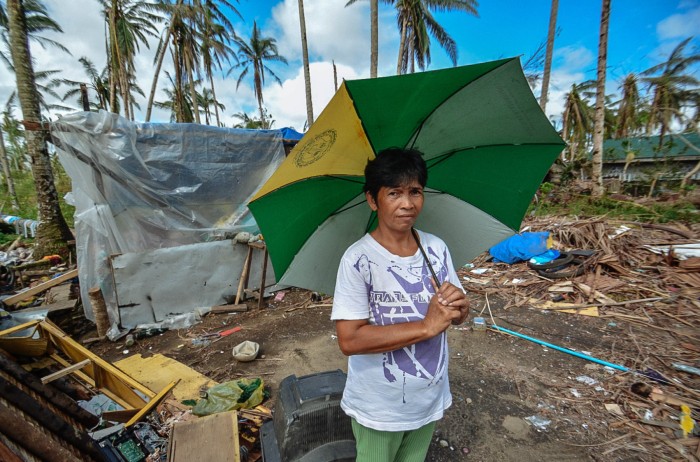IMANA NEWS
The Social Impact of Natural Disasters
27 July 2022

Natural disasters are unpredictable and can bring out the best and worst in people. In some ways, they bring communities together, inspire social movements, and spur cultural change.
But how does this happen? How can natural disasters produce social and cultural change? And how can we leverage these effects to make our society better?
Below, we explore how natural disasters produce social and cultural change.
Do Disasters Bring Forward Social and Cultural Changes?
Disasters can have a profound and long-lasting impact on societies. In the aftermath of such an event, people are often forced to confront the loss of loved ones, homes, and livelihoods. This can lead to feelings of grief, anger, and despair.
But in the midst of tragedy, people come together to support one another and rebuild what has been lost.
In many ways, disasters can prompt a reassessment of people’s values and priorities and inspire new ways of thinking about the world. As we emerge from the COVID-19 pandemic, it will be interesting to see how society will continue to shift and change due to this global crisis.
How Severe Is the Impact of Natural Disasters on Communities?
Natural disasters can have a devastating impact on communities. The severity depends on several factors, including the type of disaster and how prepared the community is for it.
For example, if a hurricane hits a coastal city with a long history of extreme weather, the impact may be less severe than if it occurred in an area that has not experienced a hurricane in decades. If the community has established response procedures for similar disasters, they are likely better equipped to handle its effects.
What Are the Psychological Effects of Going Through a Natural Disaster?
When you experience a natural disaster, you’re likely to experience various emotions. You might feel scared, frustrated, and helpless—it’s all perfectly normal. But what happens if these emotions linger for days or weeks after the event?
When we experience trauma, our bodies go into fight-or-flight mode. Our sympathetic nervous system is activated, which leads to increased heart rate and blood pressure as we prepare ourselves for danger. This response can sometimes last for several days after an event has passed, even though the threat is no longer present. This is called post-traumatic stress disorder (PTSD).
An estimated one in ten people will develop PTSD after experiencing trauma. Certain groups of people are at higher risk: children under age 12, women, people who have experienced previous traumatic events, and military veterans.
What Cultural Heritage Does a Community Retain After a Natural Disaster?
The answer is complicated, and it varies from place to place. Before the hurricane hit in 2005, New Orleans was known for its rich culture and vibrant music scene. But Hurricane Katrina destroyed much of the city’s infrastructure and damaged many of the places people gathered to share history through music and song.
How do natural disasters produce social and cultural change in these areas?
Recapturing the sense of community and cultural identity has been complicated because so much of its history was tied up in physical locations that have since been destroyed. Some have done better than others and have found new ways to preserve their heritage through traditional practices like cooking or storytelling.
How Can We Help Those Who Were Affected by a Natural Disaster?
Humanity has a long history of resiliency and community. No matter how bad things get, it is human nature to band together to help each other when they need it most. This has been proven repeatedly across cultures and geographic locations, after natural disasters and human-caused calamities such as wars and terrorism.
If you want to help those affected by a natural disaster but aren’t sure how to do so, consider donating your time or money to relief agencies like IMANA. They mobilize quickly to provide food, water, and other crucial supplies directly to families in need, wherever they are in the world.